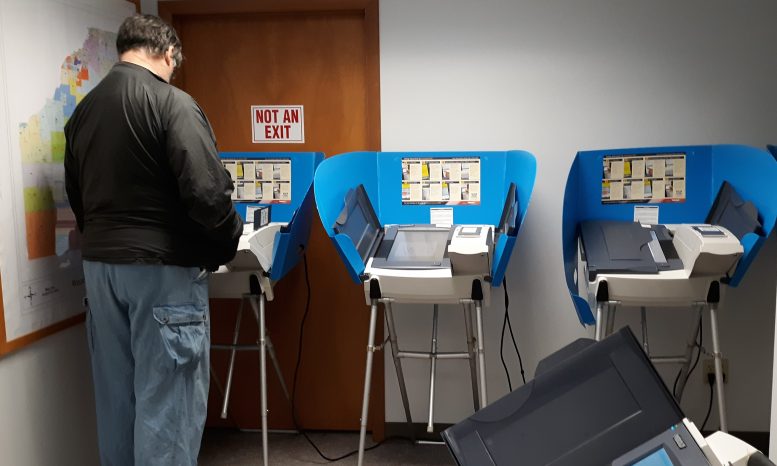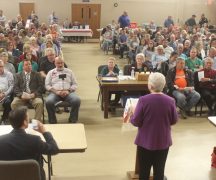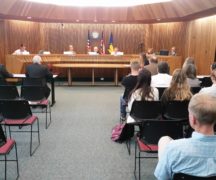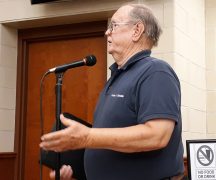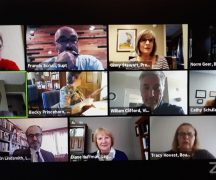By JAN LARSON McLAUGHLIN
BG Independent News
Election officials at the local and state level are searching for answers to see if they can require anonymous donors who campaigned against the Bowling Green City School levy to reveal their identities.
Ohio election law requires that campaign donors and those who pay for election ads must be identified. But one campaign in the last election is refusing to identify the source of more than $10,000 in advertising against the school levy. As of the Dec. 13 deadline for campaign finance filings, the entity called “Bowling Green Levy Facts” submitted its finance report to the Wood County Board of Elections.
However, unlike all the others who spent money on election campaigns, this entity refused to identify any donors – claiming anonymity protected by the First Amendment.
Never faced with such a claim, the Wood County Board of Elections asked the Wood County Prosecutor’s Office to review the request for anonymity. Asking for the prosecutor’s office to get involved is standard process in cases where the other entity involved has legal representation, explained Terry Burton, director of the Wood County Board of Elections.
The Board of Elections has received an opinion from the prosecutor’s office, and will discuss the matter at its next meeting on Jan. 22, at 8:30 a.m., in the board of elections’ office.
The Ohio Secretary of State’s Office is also looking into the refusal of “Bowling Green Levy Facts” to identify donors.
“We’re in the facts gathering stage,” Jon Keeling, communications director of the Secretary of State’s Office said on Monday. “We want the law enforced. There are steps that we can take.”
The attorney hired by “Bowling Green Levy Facts” stated in a letter to the board of elections that his client does not need to reveal his identity
“We are filing the enclosed report on behalf of our client who wishes to remain anonymous,” the letter from attorney Donald J. McTigue, of Columbus, stated.
“Under the First Amendment to the United States Constitution the individual who made the expenditures in the enclosed report is entitled to anonymity,” the letter continued, citing the U.S. Supreme Court decision in McIntyre v. Ohio Elections Commission, in 1995.
However, Keeling said there is no gray area in the state’s requirement to reveal donor’s identities.
“There is no ambiguity here,” Keeling said.
The anonymous campaign finance report details the more than $10,000 spent to oppose the Bowling Green school levy, which lost by 32 votes. More than $7,000 was spent on ads in the Sentinel-Tribune, and the rest on billboards.
The Ohio Campaign Finance Handbook states that contributors may not remain anonymous by request. “If a donor does not want to be identified, then the contribution should not be made,” the handbook states.
The ads that appeared in the Sentinel-Tribune were in many ways identical to ads that appeared in the newspaper opposing the previous school levy attempt in the spring of 2018.
In that case, the campaign opposed to the levy was called “Wood County Citizens Against Higher Property Tax,” and the donor who paid for the ads and billboards was identified on campaign finance reports as Bud Henschen, of Bowling Green.
Henschen had tried to remain anonymous in 2017, when he sent out 8,400 mailers opposed to the school bond issue. Those mailers – which had no identification of who created or financed them – included incorrect tax numbers that were much higher than the actual taxes.

